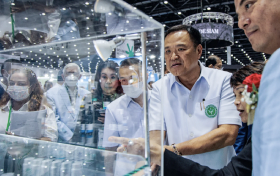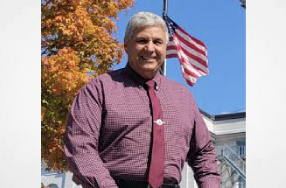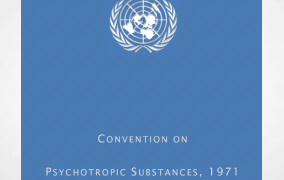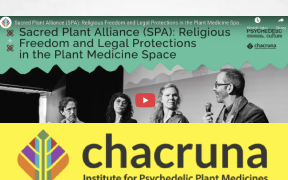Here’s the introduction to the piece
ntil last summer, Thailand had some of the world’s harshest drug laws, with possession of cannabis then punishable by up to 15 years in prison. But on June 9, marijuana was decriminalized and a resurgent cannabis culture has seen dispensaries popping up across the Southeast Asian nation of 70 million.
The move was the brainchild of Anutin Charnvirakul, Thailand’s Deputy Prime Minister and Health Minister, whose Bhumjaithai Party is today the junior partner in a military-backed ruling coalition. Anutin’s pitch was that legalizing cannabis could reduce prison overcrowding—more than 80% of inmates in Thai prisons were incarcerated on drug-related charges—while spurring a hemp industry to alleviate rural poverty. The Thai cannabis market is now projected to reach $9.6 billion by 2030.
Anutin was also in charge of Thailand’s response to the pandemic, which devastated a tourism industry vital to the self-styled Land of Smiles. In 2021, Bangkok was the world’s most visited city with 21 million arrivals—though the spread of COVID-19 saw tourism ground to a halt. How to keep people safe but fed was a delicate balancing act and Anutin faced criticism for removing vaccine requirements for Chinese tourists amid Beijing’s chaotic dismantling of Zero-COVID and its worst spike of infections. Still, Anutin insists that “all my decisions to improve the tourism industry in Thailand strictly came from health literacy.”
And taking his public health responsibility to impressive heights, Anutin—who studied engineering at New York’s Hofstra University—regularly fetches organs for transplant in his own private plane. “In most cases, I would bring back a heart, lungs, kidneys, eyeballs,” he says. “So sometimes you can help six or seven people with one flight.”
Speaking to TIME in Bangkok’s Health Ministry building, Anutin lays out his vision for how cannabis decriminalization will benefit ordinary Thais and his hope for taking the nation’s top job following next month’s general election.
This interview has been condensed and edited for clarity.
Cannabis decriminalization has been very popular. Why did it take so many years for this policy to be implemented?
Anutin: As we all know, cannabis has been criminalized for many years. During such a period, it’s been stigmatized and knowledge and research about the plant stopped. It’s become a devil in social perception. To de-stigmatize something takes time and effort.
What are the potential benefits of cannabis reform for Thailand’s economy and how can they be maximized?
What happened is that we’ve got a new “cash crop” or industrial crop. And like other industrial crops, it comes with economic opportunity. In the near future, we can maximize the opportunity by positioning Thailand as the leader in the market and becoming the source for products and know-how.
Do you think that Thailand could become an exporter of cannabis products to legal foreign markets like the U.S.?
Definitely. The relevant government agencies are working on the groundwork for this to happen. Part of this is to align our criteria with what’s required in the U.S.
How can you ensure that cannabis decriminalization benefits ordinary Thai people and not big corporations?
By creating reasonable legislation to govern the business, so that the opportunity is accessible to everyone. We have lessons from our laws regarding alcoholic beverages. There were criteria that enabled only the big investors to enter the market. We will not repeat that mistake.
Read full interview at
https://time.com/6273768/anutin-charnvirakul-interview-cannabis/


















